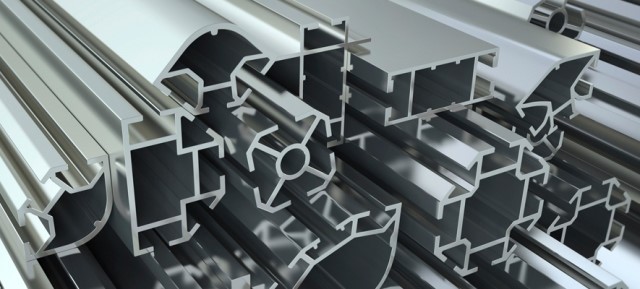

European Aluminium, an industry association in Brussels, is reportedly preparing its member companies to take part in electric vehicles and alternative energy markets, considering aluminium the “base metal for the green transition”.
Alternative energy and electric vehicle market contribute leading factors to the growth in the European aluminium market. The group projects that the Europe Union’s energy transition will boost aluminium demand by 4.5 million tonnes or 30 per cent from the current level.
{alcircleadd}
“The European aluminum industry offers one of the most fundamental materials for achieving climate and circularity goals and provides our continent with enhanced strategic autonomy thanks to a resilient European value chain,” states the organization in its July manifesto.
The association is confident that the aluminium industry will serve Europe’s sustainability and industrial leadership ambitions but, at the same time, expresses concern about international competition. So, the European aluminium industry is urging policy makers to formulate metal industry policies in a way that the country can gain strategic autonomy.
Scrap recyclers and traders may find this a harsh restriction on global trade opportunities for aluminium scrap, but the organisation is genuinely concerned about excessive imports of aluminium that may have been produced via high-carbon-emissions methods.
European Aluminium has calculated that circular economy within Europe will enable 50 per cent supply of aluminium demand through recycling by 2050, reducing carbon emissions by about 39 million tonnes or 46 per cent and strengthening Europe’s open strategic autonomy through material efficiency.
The association’s manifesto states, “Primary aluminum produced in Europe has a carbon footprint of only one-third of the Chinese average. Since the 1990s that footprint [in Europe] has decreased by more than 50 percent, while our recycled aluminum further boosts decarbonization and circularity with a 95 percent reduction in greenhouse gas (GHG) emissions and energy compared to primary production.”
The organization also writes, “Aluminum is a key component for the technologies of tomorrow, from electric mobility, solar modules, wind turbines, electricity networks and battery storage to aerospace, satellites and energy-efficient buildings.”
In recycled aluminium industry, investments in Europe this year include Hydro’s German facility expansion, installation of a new scrap-fed furnace by Alcoa in Norway, and alloys capacity expansion by Romco Group in the United Kingdom.
Responses








